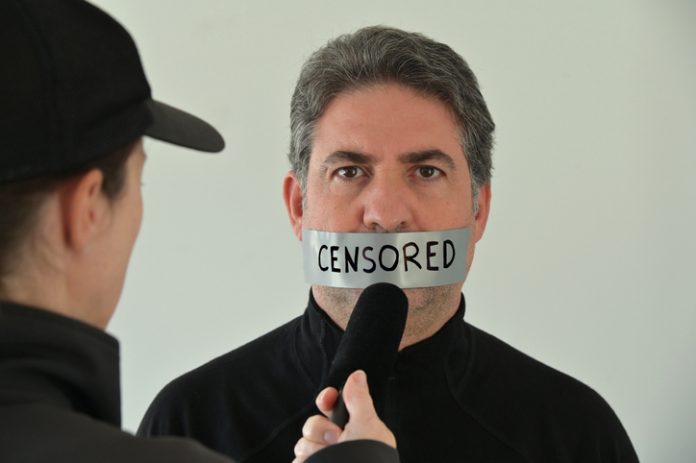Requiring applicants to respond to what amounts to a litmus test on one’s political leanings should be discouraged
Recently, the University of North Carolina voted to “ban” the requirement of politically charged prompts, like diversity statements, from any considerations for admission, hiring, promotion, and tenure. Such statements were deemed “compelled speech” and therefore antithetical to intellectual freedom. UNC’s Board of Governors, which approved a policy that disallows making applicants “affirmatively ascribe to or opine about beliefs, affiliations, ideals, or principles regarding matters of contemporary political debate or social action as a condition to admission, employment, or professional advancement,” has also started a School of Civic Life and Leadership—an institute formed to ensure that viewpoint diversity and academic freedom are allowed and respected. All in all, this looks like a victory for free expression, in general.
As someone who is left‐of‐center but against the political and educational manifestations of critical social justice, I see this as a step in the right direction. However, part of me thinks this move by UNC may have traded one problem for another. The problem with diversity statements, for instance, is not their existence, per se, but the nature of their existence. It has become clear that, regarding many of these statements, only one kind of answer is acceptable; the answer has to align with the tenets of Critical Social Justice and/or other critical theories, most saliently the tenets that racism is always already going on, that institutional structures are the sole cause of racial disparities, and that the oppressor/oppressed dichotomy is always at play regarding interactions between white people and minorities, especially black minorities. What’s more, around the country, colleges insist they can ask for diversity statements without compelling speech, but one can infer from the advice given on how to compose a diversity statement, like that given by University of Pennsylvania, Massachusetts Institute of Technology, and even UNC, that a certain kind of person is being sought: a person who has DEI as a veritable area of specialization or, at least, a salient area of competence. The fact that DEI statements written by Frederick Douglass, Zora Neale Hurston, and other legends of racial justice could be rejected by some of the more “woke” hiring committees as too “white” is the real travesty. Would it have been enough to mandate that a variety of viewpoints on DEI be accepted?
Also, I don’t think it is inherently unjust to ask candidates what they can contribute to diversity, equity, and inclusion; it just shouldn’t be a mandatory consideration for hiring. Requiring applicants to respond to what amounts to a litmus test on one’s political leanings should be discouraged, but would a paragraph in an otherwise traditional cover letter describing one’s thoughts on racial justice be acceptable? What if a full diversity statement is requested but not required? This can get tricky in other ways. How is the Board of Governors defining terms like “political” or even “diversity”, “equity,” or “inclusion”? What is beyond the pale? For example, if a committee sees two very comparable job applications, but one applicant has experience with social justice initiatives, would it be wrong to choose the latter candidate over the former for that reason, all else being equal?
There does seem to be a kind of loophole in UNC’s new policy. Apparently, if hiring committees believe a diversity statement is imperative to a particular job, they must “obtain prior written approval to include such a requirement or solicitation from the President following discussion in open session of a meeting of the Committee on University Governance attended by the requesting constituent institution’s chancellor, its provost, and its chair of its board of trustees.” This addresses part of the issue, but the devil is still in the details. Again, operational definitions of diversity, equity, inclusion, etc. would need to be established. Also, the Committee on University Governance needs to be staffed by good‐faith actors and those who can tell the difference between classic civil rights and contemporary “woke” social justice. That last statement leads to what may be the ultimate question: how thin is the line between UNC’s new policy and the all out attack on DEI indicative of the political maneuvering of people like Ron Desantis, who has been accused of going too far in his battle against “woke” politics?
To be clear, I think the banning of “compelled speech” is a victory, and may be the beginning of a trend. As I write this essay, Texas universities are banning mandatory diversity statements or pausing all DEI initiatives until further review, respectively. However, questions remain about how, exactly, this new policy will be exercised. I guess we’ll have to wait and see.
Originally published by the Cato Institute. Republished with permission under a Creative Commons Attribution-NonCommercial-ShareAlike 4.0 International License.
For more great content from School Reform News.
For more from The Heartland Institute.








